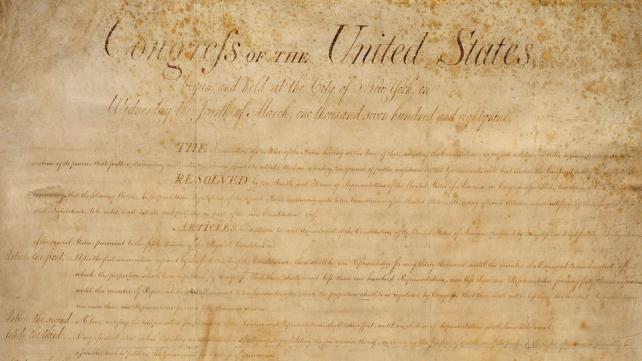LAD/Blog 2:
LAD/Blog 2:
- Who was Peter Zenger? Peter Zenger was a German Immigrant and eventually a New York Printer who published the New York Weekly Journal. In a publication, the journal criticized the royal governor, causing Peter Zenger to be tried for "Libel," or publicizing information opposing the government.
- What was the controversy over his charges? Although Peter Zenger published the journal, he did not write the issue which exposed the corruption of the royal governor. Zenger was only responsible for printing the papers and would not reveal who was responsible for writing them. Therefore, was Peter Zenger really guilty of Libel? Even though the judge instructed the jury to determine if Zenger was responsible for printing the papers, Hamilton convinced the jury that what Zenger said was true and they concluded that he did not deserve to be tried with such charges finding him not guilty.
- What influence did his case have on American governmental traditions? Zenger's defense attorney, Hamilton, challenged the prosecution, asking them to prove that what Zenger had written was false. Since it was true, this influenced American governmental traditions by showing others that if someone issued something that was true, they could not be prosecuted for libel. Also, this trial gave way to the idea of freedom of press and, although this was not yet a legal right, the thought of freedom of press had a long-term impact on America.
- What is the lasting significance of his trial? Peter Zenger's trial set the social precedent of freedom of press. Although people at this time weren't allowed to "say" it, not everybody agreed with the actions of the royal governor, or other legal institutions for that matter. People liked reading criticism. And, they liked being able to express their own thoughts. Therefore, the outcome of this trial paved the way for revolutionary ideas such as freedom of press and set the example that America should be built on the foundation of basic rights.



Comments
Post a Comment